National Policy and Action Agenda for a Just, Scalable, and Investable Cleantech Transition in Egypt

Egypt’s cleantech transition is gaining policy traction. To ensure long-term impact and competitiveness, the country is advancing a unified action agenda grounded in five interconnected pillars each designed to address structural barriers and accelerate ecosystem growth.
1. Institutional Coordination and Legal Reform
Efforts are underway to modernize Egypt’s regulatory framework, especially in areas like land access, licensing, and permitting. Recent reforms supporting waste-to-energy and clean hydrogen projects such as streamlined feed-in tariffs and clearer MoUs demonstrate how policy clarity can unlock deployment.
2. Financial Mobilization and Investment Alignment
Cleantech sectors require patient, de-risked capital, while total VC in Africa dropped by 28% in 2024, Egypt remains among the continent’s most active markets for green projects. Financial mobilization is now focused on blended finance, incentives for domestic manufacturing, and public-private co-investment in infrastructure-heavy sectors like green hydrogen and waste recovery.
3. Human Capital, Skills, and Institutional Capacity
Talent gaps persist across climate and energy fields. The agenda highlights the need for updated curricula, technical education pathways, and stronger institutional capacity particularly in engineering, systems design, and clean manufacturing. Capacity-building initiatives and university incubators are critical to scaling future innovators
4. Market Access, Commercialization, and Infrastructure
To commercialize innovations faster, the agenda prioritizes testing labs, smart grid expansion, and regional export readiness. The Suez Canal Economic Zone, now hosting 38 green hydrogen MoUs, illustrates how geographic advantage and infrastructure planning can attract global supply chains and anchor export capacity.
5. Environmental Performance, Climate Resilience, and Inclusion
Environmental inclusion efforts are scaling across sectors. Egypt now reuses over 6 billion cubic meters of treated wastewater annually and is targeting 80% solid waste recovery by 2030. The action agenda also emphasizes gender inclusion in clean energy and water entrepreneurship, ensuring that transition benefits are accessible across demographics.
Egypt’s five-pillar approach sets a strong foundation but execution will be the differentiator. With the right coordination between ministries, funders, and innovators, this agenda can serve as the engine of a thriving, export-ready cleantech economy.

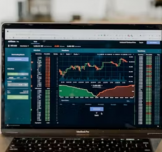















































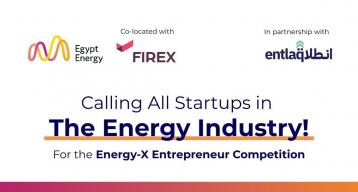
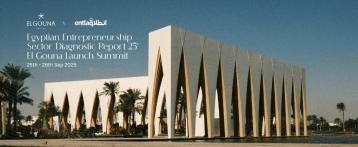


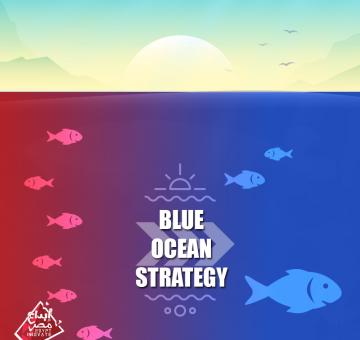
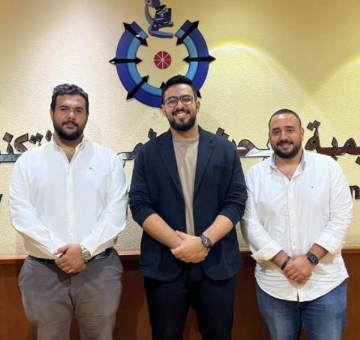



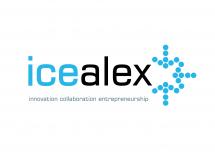

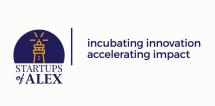
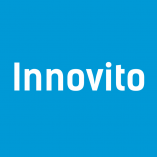



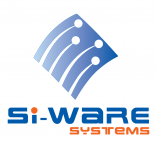




EgyptInnovate site is not responsible for the content of the comments